Sound of Charlotte Blog
100 Years of Voting Rights for Women
August 18, 2020Today marks the centennial of the ratification of the 19th Amendment, which prohibits states and the federal government from denying U.S. citizens the right to vote on the basis of sex. To celebrate this historic achievement, the Charlotte Symphony is using its platform to highlight the many contributions of women in classical music. We asked a few CSO musicians and conductors to share with us a list of women composers who they wish everyone knew more about.
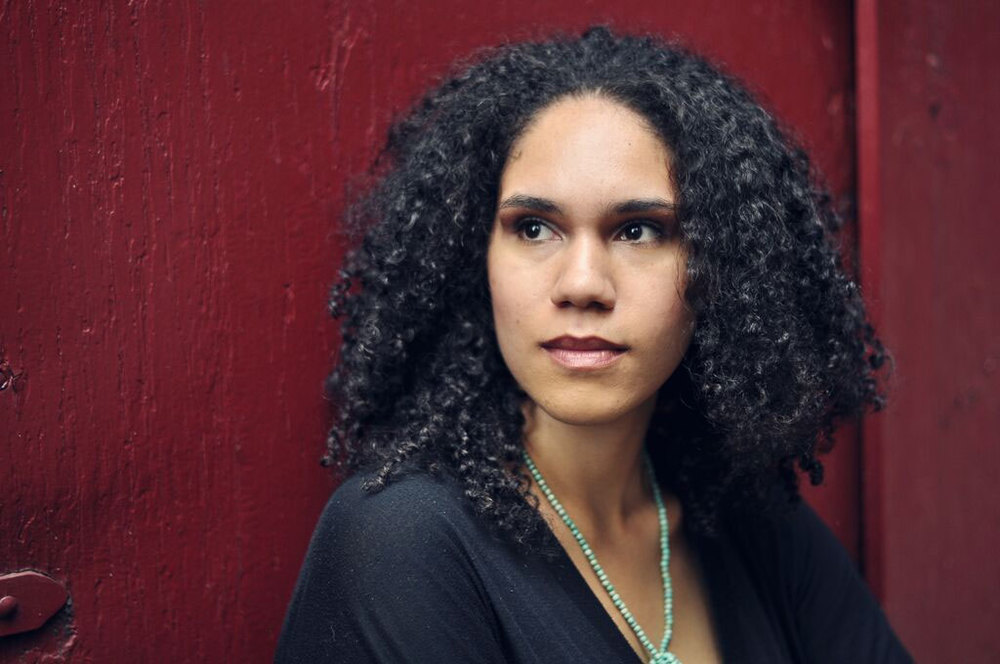
Jessie Montgomery
Jessie Montgomery is an acclaimed composer, violinist, and educator. Her music interweaves classical music with elements of vernacular music, improvisation, language, and social justice, placing her squarely as one of the most relevant interpreters of 21st-century American sound and experience."She's an extremely talented individual, an accomplished violinist and chamber musician in the Catalyst Quartet, and I've been so proud to perform her wonderful music alongside the rest of our canon of timeless art pieces. I hope we will continue to share her beautiful work with our Charlotte community!" - Principal Violist Benjamin Geller
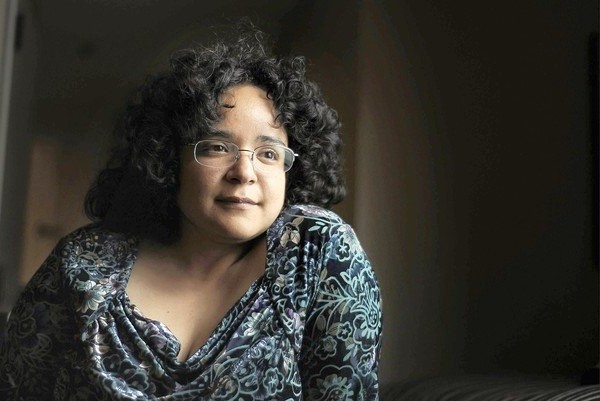
Gabriela Lena Frank
Born in Berkeley, California to a mother of mixed Peruvian/Chinese ancestry and a father of Lithuanian/Jewish descent, Gabriela explores her multicultural heritage through her compositions. Her music often reflects not only her own personal experience as a multi-racial Latina, but also refract her studies of Latin American cultures, incorporating poetry, mythology, and native musical styles into a western classical framework that is uniquely her own."Gabriela Lena Frank is a varied & important fixture in American composition, has numerous awards & Composer in Residence credentials, and has founded a Creative Academy of Music which enables opportunity for dozens of up & coming composers. Her string orchestra piece 'An Andean Walkabout,' written for A Far Cry in Boston, is both visceral in energy & jarring rhythmically. A terrific, monumental piece that I love." - Resident Conductor Christopher James Lees
Barbara York
Barbara York has been working in both Canada and the U.S. for over 40 years as a concert accompanist, choral and theatrical music director and composer. Her score and lyrics for the Canadian musical Colette won a Dora Mavor Moore Award (Canada's version of a Tony) in 1981."I think her music is important to be celebrated because, to be honest, I just really like it. When I have performed some of her solo pieces, they have spoken personally to me, and I found myself lost in tunes that I wish I had written myself." - Trombonist Thomas Burge
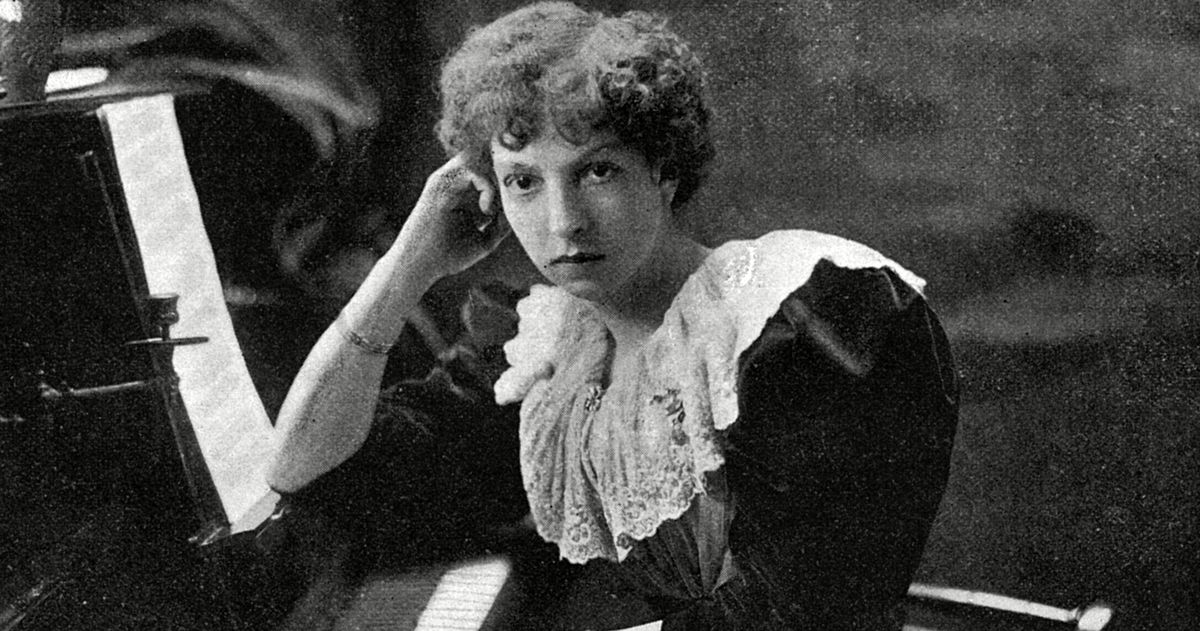
Cécile Chaminade
Cecile Chaminade was a French composer and pianist. In 1913, she was awarded the Legion d'Honneur, a first for a female composer. Chaminade's music has been described as tuneful, highly accessible and mildly chromatic."When I was 13 years old, Chaminade's Concertino for Flute and Orchestra was one of the first big flute solos that I had ever performed. It's a very popular piece for young flutists, and I didn't realize until years after playing it that Chaminade is actually female!" - Youth Philharmonic Conductor Jessica Morel
"Chaminade composed more than 400 pieces, but the Concertino is her most beloved and remains an important piece in the flute repertoire. Though her father did not permit her to attend the Conservatoire de Paris, she was able to study composition privately and eventually gained popularity as a composer and pianist." - Flutist Amy Orsinger Whitehead
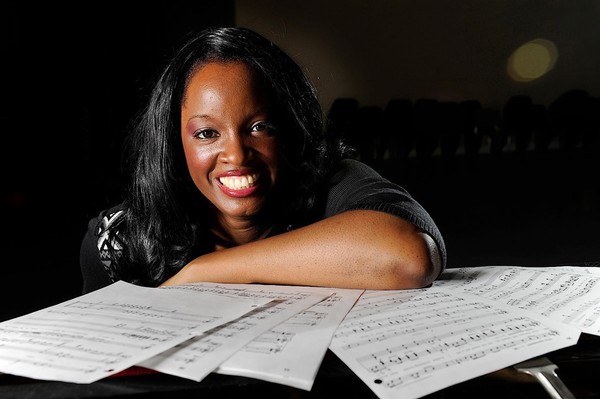
Nkeiru Okoye
Nkeiru Okoye's genre-bending compositions reflect her many influences - Gilbert & Sullivan, the Gershwins Sondheim, Copland, gospel, jazz, and Schoenberg. She specializes in works that celebrate the African American experience. In 2018, the Charlotte Symphony commissioned her to write an orchestral piece in celebration of the city's 250th anniversary."I think Nkeiru Okoye is important because her works incorporate many different sounds and styles from cultural areas that are both part of her own personal journey, and also are part of a larger narrative regarding the history of African American people. Spending her youth divided between living in New York and Nigeria, she offers an important personal perspective through her music that also highlights a broader cultural connection that resonates with many Americans." - Trombonist Thomas Burge
Inspired to learn about more women composers? A great place to start is Music Critic Anne Midgette's list of the top women composers in classical music from The Washington Post. Read more
Trailblazer: Composer Florence B. Price
August 5, 2020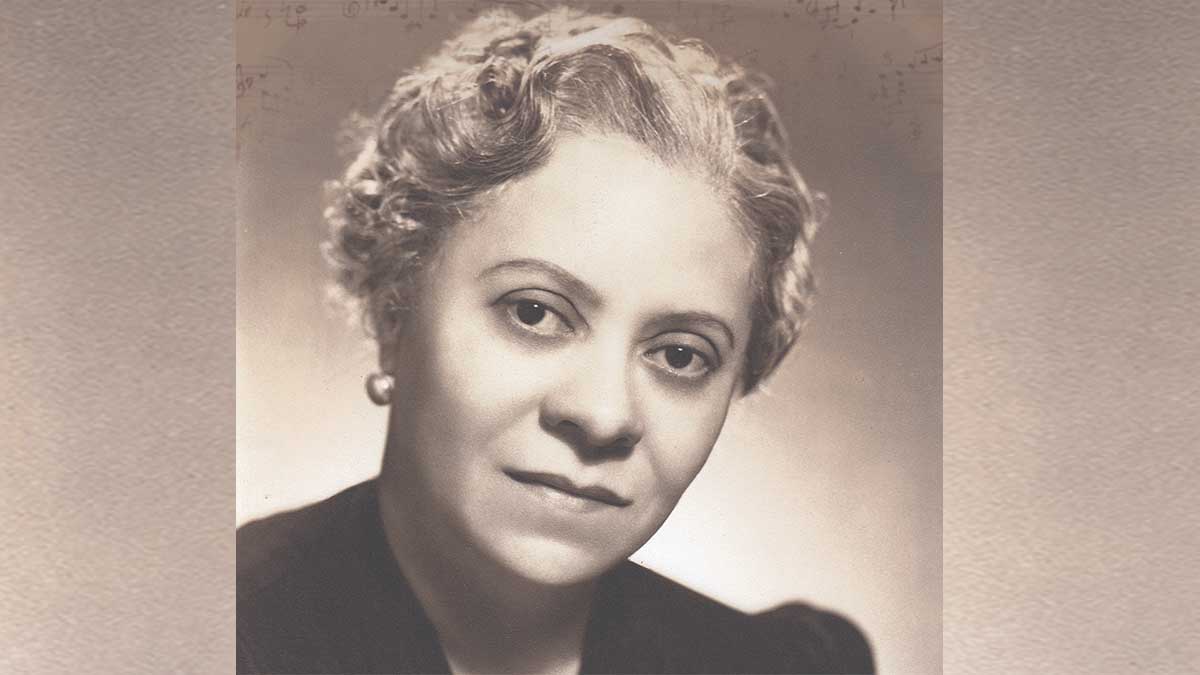
A composer, pianist, organist, and music teacher, Florence Price is recognized as the first African-American woman to have a symphonic work performed by a major national symphony orchestra. Her extraordinary achievements during the racist "Jim Crow" era are a testament to her immense gifts and determination.
Born in Little Rock, AR in 1887, Price grew up in a middle-class household and attended the New England Conservatory, one of the few that admitted African-Americans at the time. Fleeing racial violence in her home state, Price moved with her family to Chicago where her career began to flourish. She won first prize in the Wanamaker Competition with her Symphony in E minor which caught the attention of Chicago Symphony Orchestra Music Director Frederick Stock. The piece was premiered by the Orchestra in 1933 with The Chicago Daily News reporting "It is a faultless work, a work that speaks its own message with restraint and yet with passion ... worthy of a place in the regular symphonic repertory."
Florence Price's musical style was influenced by composers such as Dvořák and Coleridge-Taylor. It is infused with European and African-American musical and cultural elements, including spiritual melodies, gospel church music, and African instruments such as the marimba.
Her piece Adoration, arranged for Brass Quintet, was performed by members of the CSO's brass section on our latest al Fresco concert.
Though recognized in her day, Florence Price's memory and music faded into history - perhaps due in part to the relatively small number of surviving compositions. However, in 2009, nearly 200 of Price's manuscripts were discovered, tucked neatly away in boxes in an old fixer-upper in a suburb of Chicago. The discovery has prompted a happy resurgence in the popularity of her works. We can all hope that this re-examination of her talent and musicality will allow Florence Price to take her rightful place among the great American composers. Read more
Nkeiru Okoye on Composing Charlotte Mecklenburg
September 6, 2018
Approaching a newly commissioned piece, I start by listening. I want the know everything: What's the occasion, and what's the purpose behind it? What are the goals for the piece? What I'm doing by asking these questions is defining basic parameters: length and instrumentations the specific instruments you want to use.
But I'm also gathering background information that helps me to create a piece that works for the community. The more descriptive, the better. It helps me understand what's important, which helps sets up my mindset as I'm conceptualizing the piece.
With Charlotte Mecklenburg, my new piece for the Charlotte Symphony, a special request in this case was that all the music was to have been inspired by a residency, which meant that I wouldn't write a note or start thinking about concepts until I'd gotten acquainted with the city.
During my four-day residency, I did just that. Enjoying great cuisine, visiting different neighborhoods, guided tours of exhibits at the Levine Museum of the New South, catching a panoramic view of the city through from way up in the Bank of America building. Meanwhile, the Symphony had arranged for me to meet and interview 12 people, from Hugh McColl to Dae-Lee, all of whom impacted the city in differing ways, and all provided answers to five questions that I'd created with the new piece in mind. The visit ended, with a live outdoor performance of the Charlotte Symphony.
After getting back, it was time to engage in two of my favorite activities, for starting new compositions brainstorming ideas and organizing them into digital scrapbooks. I compiled answers to my questionnaire and conversation notes and made a general plan of the composition based on the parameters and visit. A piece like this involved some research. By exploring Charlotte's history, cultures, and current events, I was establishing an expansive knowledge bank of ideas.
Contributed by Nkeiru Okoye, composer. Read more
Spotlight On: Composer Gabriela Lena Frank | Using Music to Break the Glass Ceiling
September 13, 2017
Mozart, Beethoven, Mahler, Brahms -- all well-known composers, all male. It is so rare we hear about the achievements of female composers in the classical music era, especially nowadays. That's not to say they do not exist, there are just far fewer female composers than there are male in the realm of contemporary classical music. That, however, is changing.
Background
Gabriela Lena Frank is an American composer from Berkeley, California. Although born in the US, her roots also align with the nationalities of her parents: her father, a Jewish Lithuanian, and her mother, who is of Peruvian and Chinese decent. The two met during Frank's father's visit to Peru with the Peace Corps in the 1960s.Frank received her bachelor's and master's degrees from Rice University and a doctorate in Music Composition from the University of Michigan. She has studied composition with William Albright, Leslie Bassett, William Bolcom, Michael Daugherty, and Samuel Jones.
Style and Inspiration
Frank's compositions often draw from her multicultural background--particularly her mother's Peruvian heritage. Frank is admired for using sounds of Latin American instruments (such as Peruvian pan flute or charango guitar) throughout her compositions, though her works are typically scored for Western classical instruments and ensembles such as the symphony orchestra or string quartet. "I think the music can be seen as a by-product of my always trying to figure out how Latina I am and how gringa I am," she has said.Accomplishments
Not only is Frank known for her interesting work, but she is also one of the most awarded female contemporary composers of our time. In 2009, Frank received her first Guggenheim Fellowship as well as a Latin Grammy Award for best Contemporary Classical Music Composition for Inca Dances. She has also won a Joyce Foundation award, United States Artists Fellow award, and a Medal of Excellence from Sphinx Organization.In addition to these accolades, Frank's music has been commissioned and performed by the Kronos Quartet, pipa virtuoso Wu Man, San Francisco Symphony, Houston Symphony, Chanticleer Ensemble, the Chiara String Quartet, the Brentano Quartet, Yo Yo Ma and the Silk Road Project, the Marilyn Horne Foundation, guitarist Manuel Barrueco with the Cuarteto Latinoamericano, the King's Singers, directors of the Chamber Music Society of Lincoln Center Wu Han and David Finckel, soprano Dawn Upshaw and the St. Paul Chamber Orchestra, among others. She has also received multiple commissions from Carnegie Hall.
Frank is a Grammy Award-nominated pianist and a member of the prestigious roster of G. Schirmer, exclusively published and managed.
Image source: http://www.screecher.com/schedule/2017/3/19/creative-academy-for-music Read more
Latest Posts
- MERGE: Symphonic x Electronic
- Heart of the Home Tour Returns
- Composer Spotlight: Nia Imani Franklin
- More Famous Than Mozart: Joseph Bologne, Chevalier de Saint-Georges
- Art in Motion: Rosalia Torres-Weiner Chosen to Design CSO Roadshow
- Announcing Kwamé Ryan as the Charlotte Symphony’s Next Music Director
- Photos: Charlotte Symphony Annual Gala and Concert
- Five Must-See Concerts of the 2023-24 Season
- 5 Pro Tips for the Best Summer Pops Experience
- A Preschool Performance Three Years in the Making







